Category: Babies & Early Childhood (0-5)
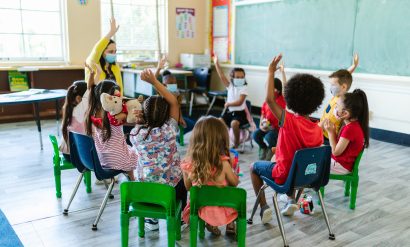
PEDAL September Speaker Series: Play in the Pandemic
4 January 2021
This webinar was part of our September Speaker Series, recorded in September 2020. These lunchtime sessions aimed to bring together academics, practitioners & policymakers to discuss some of play research’s key issues virtually during the COVID-19 pandemic. Professor Sara Baker was joined in this webinar by Helen Dodd, Professor of Child Psychology at the University […]

PEDAL September Speaker Series: The Way We Play – Potential in Play
28 September 2020
This webinar was part of our September Speaker Series, recorded in September 2020. These lunchtime sessions aimed to bring together academics, practitioners & policymakers to discuss some of play research’s key issues virtually during the COVID-19 pandemic. In this session, speakers focused on the potential of play in interventions, and also during the pandemic, for […]
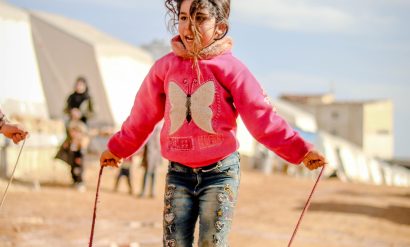
PEDAL September Speaker Series: The Way We Play – Play in Challenging Settings
25 September 2020
This webinar was part of our September Speaker Series, recorded in September 2020. These lunchtime sessions aimed to bring together academics, practitioners & policymakers to discuss some of play research’s key issues virtually during the COVID-19 pandemic. This webinar focused on how play can manifest in challenging settings, and was chaired by Dr Jenny Gibson. […]
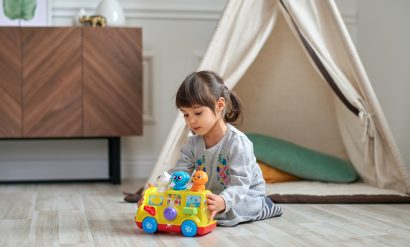
PEDAL Seminar: Toddlers Think for Themselves!
12 March 2019
Social learning has been a large focus of early developmental psychology for the past three decades. While it reveals how culture is transmitted to young children, questions about how young children come up with their own ideas and learn for themselves have been largely ignored. This talk, with Dr Elena Hoicka from the University of […]
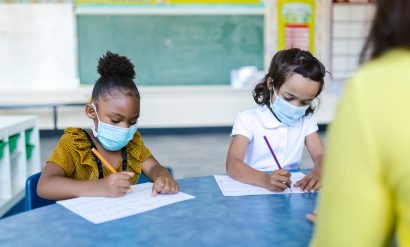
Reconstructing readiness: Young children’s priorities for their early school adjustment
8 January 2019
This video provides an overview of the Children’s Thoughts about School Study (CTSS). CTSS was integrated into the evaluation of a community-led initiative called Preparing for Life (PFL) run by the UCD Geary Institute. The PFL aimed to improve levels of school readiness for children living in several disadvantaged areas of Dublin, Ireland. In the […]

Play at the Extremes: A panel discussion for parents, teachers and carers
9 November 2018
Join the conversation about the changing nature of childhood – are we really heading from ‘free range’ to ‘hot house’? We’ll hear if children are kept too safe, if parents and schools are too risk averse, and whether adventurous and independent play opportunities provide unique developmental, social and emotional benefits. Chaired by Dr Jenny Gibson, […]
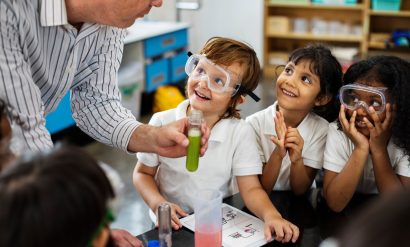
PEDAL Seminar: Not Too Early, But Just Right! – Unleashing the Power of Science in Early Childhood
12 July 2018
Professor Daryl Greenfield is a Professor of Psychology and Pediatrics at the University of Miami. His work is positioned at the interface of research, policy and practice at the international, national and local level. His research examines school readiness with at-risk and dual language learners, with a specific focus on early science education. Science has […]
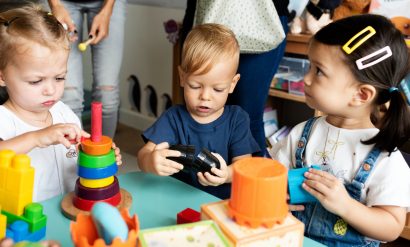
A Prescription for Play: Why play fosters social and cognitive development
18 May 2018
Join PEDAL for a public lecture by world-renowned psychologist Kathy Hirsh-Pasek, evaluating the evidence for the importance of free play and guided play as a catalyst for learning in social and cognitive development. Kathy explored why play, particularly guided play, might offer a successful midway position between the warring factions of playful and didactic approaches […]
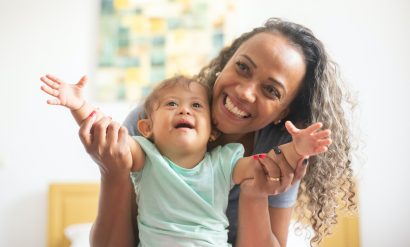
PlayFutures webinar with PEDAL: Playing with infants and toddlers
21 March 2018
Listen to Dr Vicky Leong, Dr Ciara Lavery and Dr Melissa Scarpate talk about playing with infants and toddlers in this webinar hosted by PlayFutures.
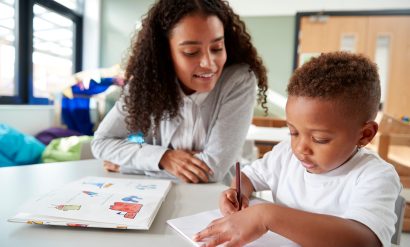
PEDAL | BBC Breakfast report on playful writing
26 September 2017
Acting Director of PEDAL, Dr David Whitebread, is interviewed in a BBC Breakfast report on playful approaches to learning and ‘playful writing’ in schools. This report was originally recorded in February 2017.
